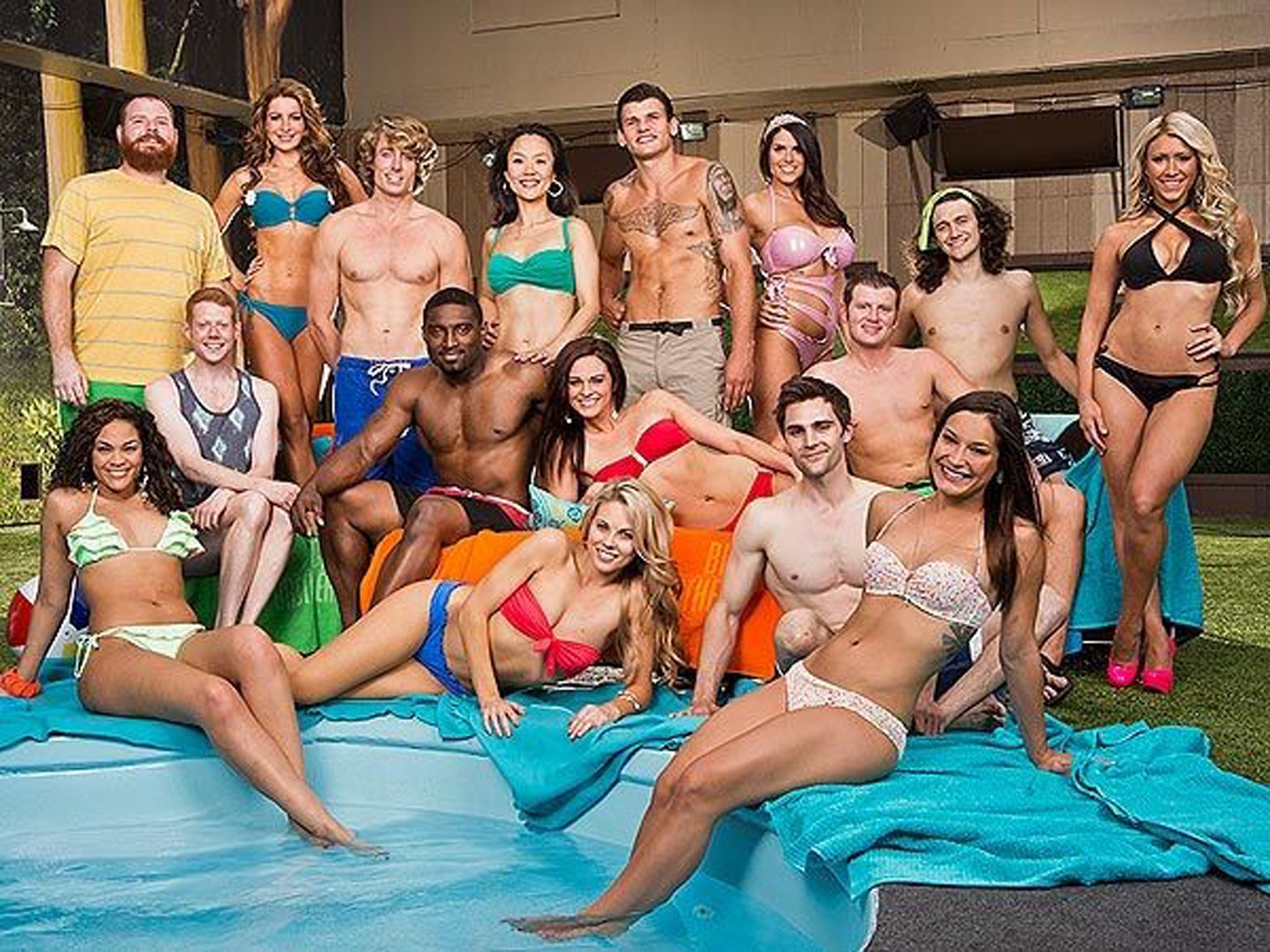American face of casual racism, anti-Semitism and sexism laid bare in US Big Brother
White housemate flipped black contestant's mattress over before goading her saying 'What you gon' do, girl?'

Next month marks the 50th anniversary of the Civil Rights March on Washington. Yet as America debates the acquittal of Trayvon Martin’s killer, George Zimmerman, it is clear that the nation’s long conversation about race is far from over. And though President Barack Obama spoke in measured terms on the news channels last Friday, on reality TV, that conversation remains raw and unsettling.
CBS is presently airing the 15th series of the US version of Big Brother. Historically, the network has shied away from showing its contestants’ racist behaviour, often removing all trace of bigotry from the show’s prime-time broadcasts – because, in the words of executive producer Allison Grodner, the programme-makers “don’t want to put hateful things out there”.
This summer, however, avid viewers of Big Brother’s internet live-stream have spotted even more racial slurs than usual in the house. “Why not show these people for who they actually are?” demanded reality TV blogger Andy Denhart, of realityblurred.com.
The network decided to make the issue a series motif, and has since offered its viewers a rare, extended study of casual racism at work. The main offender is Aaryn Gries, 22, a blonde Texan model who last week, for little or no reason, flipped the mattress of the sole black female housemate, Candice Stewart, and then goaded her in an apparently mocking accent, asking “What you gon’ do, girl?” When Stewart vocally defended herself, she was confronted by another white contestant, Gina Marie Zimmerman (no relation), who yelled, “You want the black to come out?”
Gries warned her allies to be careful of Stewart in the dark, “because you might not see the bitch,” and dismissed Asian-American contestant Helen Kim by telling her to “go make some rice”. Among other slurs, Zimmerman recently referred to welfare payments as “n****r insurance”, though she whispered the term to fellow housemates, apparently aware it was taboo.
They and other housemates have also delivered a steady stream of sexist and anti-Semitic remarks, not to mention homophobic slurs – some to the face of Andy Herren, the show’s sole out gay contestant, and others behind his back.
The mattress incident ended only when Howard Overby, the only other black housemate, lifted Stewart and carried her from the room. As she wept in his arms, a visibly angry Overby urged her not to retaliate. There will be repercussions nonetheless: unbeknownst to them, Gries has been dropped by her modelling agency, and Zimmerman fired from her job as a pageant coordinator.
Yet it is not just the contestants who have been implicated by these incidents. The approach of reality programme-makers to race is now under the spotlight, too. Stewart and Overby are typical, in that Big Brother tends to have just one black woman and one black man in its annual cast. In 2012, another reality show, The Bachelor, faced a failed class action lawsuit for selecting a disproportionately white cast over all of its 16 seasons.
Now, the producers of the Fox network’s American Idol are being sued by 10 black former contestants, who claim they were targeted for ejection from the TV talent contest because of their race. According to TMZ, the contestants are demanding $25m each, saying the show ruined their lives by digging up their arrest histories and making them out to be “criminals, liars and sexual deviants”. In fact, none of the men had ever been convicted of the charges – and their lawyer claims only black contestants were ever investigated in such a way.
In June, the US was scandalised when Paula Deen, a beloved TV chef from Savannah, Georgia, known for promoting Southern cuisine, admitted in a deposition that she had used the N-word several times in the past, and that she had considered a Southern “plantation-style” theme for her brother’s wedding. Deen, who is 66, apologised repeatedly and profusely following the revelations. In her deposition, she said, “that's just not a word that we use as time has gone on. Things have changed since the '60s in the South.” Much has changed; a lot has not.
Subscribe to Independent Premium to bookmark this article
Want to bookmark your favourite articles and stories to read or reference later? Start your Independent Premium subscription today.

Join our commenting forum
Join thought-provoking conversations, follow other Independent readers and see their replies